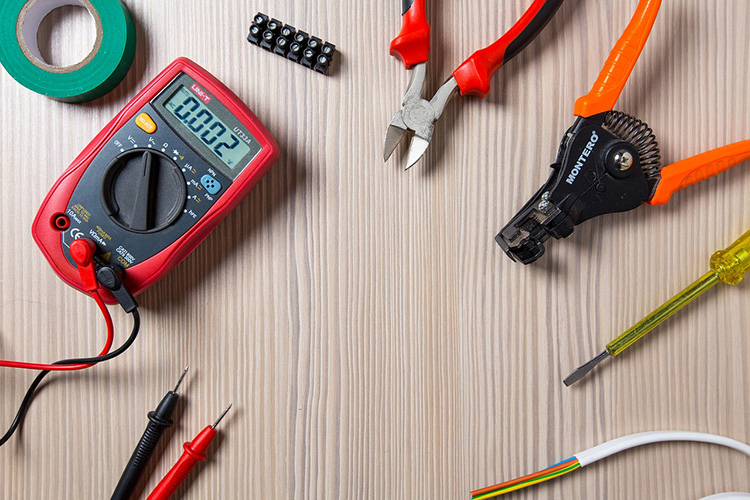Electrical wiring has evolved from even 20 years ago and has become way safer and more efficient. It helps to have a qualified electrician to do the job since they work on electrical installations just about every day.
An essential part of any electrical wiring project involves a proper conduit from a vendor like RS. This is probably not one of those things where you look for a guide and hope to get it done yourself. Even having an electrician do the job, there is a lot to learn about electrical conduits.

What is an Electrical Conduit?
To start, let’s learn more about what an electrical conduit is. It’s a raceway or tube that not only houses but protects electrical wires that are located within a structure or building. Conduits can be used for just about anything including bridges, ports, subways, data centers, and even home residences. Without those conduits, electrical wiring would become a far more difficult endeavor.
There are different conduit types that fit specific applications. You might find that you need a flexible conduit while another project would require something more rigid. Based on the conduit you pick, you will get different levels of protection from things like moisture, fire, gases, vapors, corrosion, impact, and electromagnetic interference. Those variables come down to the environment where the conduit will be installed. For example, if you had an environment that was corrosive, hazardous, or wet, you would need a specialty conduit.
Conduits follow the National Electrical Code (NEC) to ensure that they follow specific standards. Things like support spacings and field bend conduit can impact how many fittings like connectors, elbows, and couplings, will be needed for a specific project. Cost becomes a factor when you start adding in more materials and the labor required to finish out the installation.
Choosing an Electrical Conduit
There are more than a few different conduit types to choose from. If you aren’t familiar with them all, finding the right fit can feel a bit confusing. The main focus is going to come down to type and size, but there are plenty of other characteristics that will ultimately dictate which electrical conduit you choose.
Some of the other characteristics to consider depending on the environment include temperature range, durability, weight, cable fault, support spans, conductivity, material cost, memory, field cost, and more. An electrician will know which kind of conduit to choose that will best fit the job.
The Best Fit
Let’s say you decide to try your hand at an electrical project. Just make sure that you have the right conduit before you begin the process. The best conduits have a few common traits that you should look for to ensure that everything is protected and safe after installation.
Durability is arguably the most important trait of any conduit. More durable conduits might cost a bit more, but the investment will be worth it because they won’t need to be replaced for a long time. Less durable conduits can corrode and wear down, meaning you will need to replace them far sooner than you would need to otherwise.
Like it or not, you need to find a conduit that is cost-effective. While it would be great to get the greatest and most expensive materials you can find, that just isn’t reality. Finding a good combination of durability and value is a must, so choose carefully. If you can get a conduit that has specific environmental protective qualities, even better. Areas that are prone to exposure to fire or water would need extra protection to keep the conduits from getting damaged or destroyed as a result.

Leave a Reply